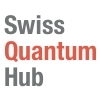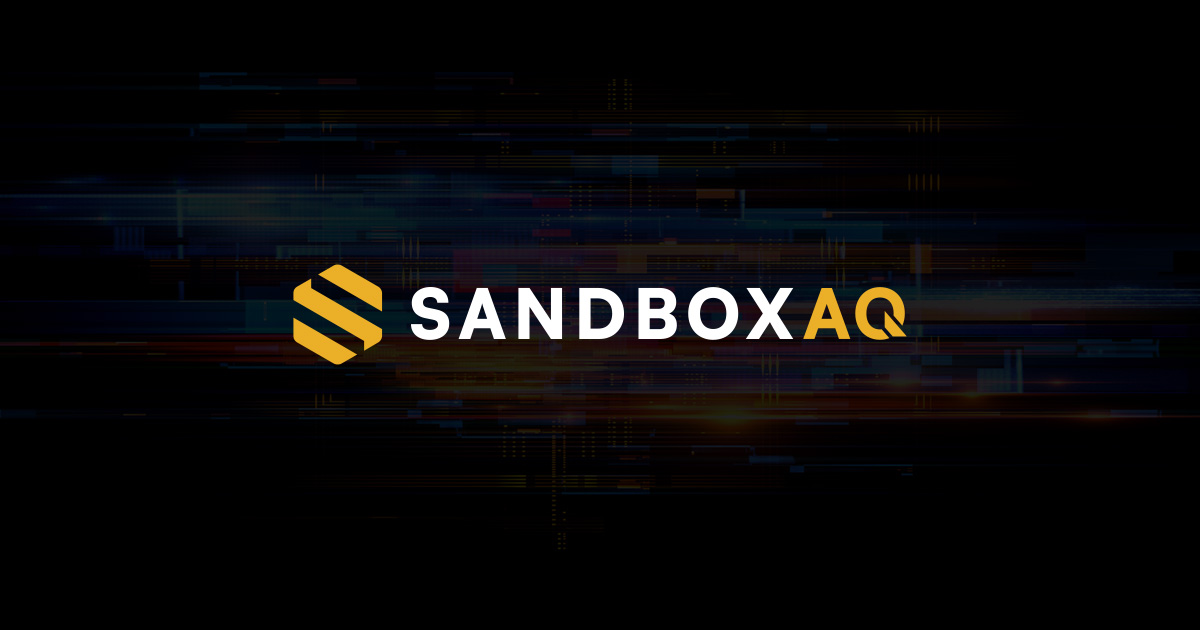
Continuous-Variable Quantum Key Distribution (CV-QKD) enables information-theoretically secure key exchange between two parties using the continuous-variable properties of the quantized electromagnetic light field.
The secret key rate of a CV-QKD system is limited by excess noise. A key issue typical to all modern CV-QKD systems implemented with a reference or pilot signal and an independent local oscillator is controlling the excess noise generated from the frequency and phase noise accrued by the transmitter and receiver.
Therefore accurate phase estimation and compensation, so-called carrier recovery, is a critical subsystem of CV-QKD.
Researchers have explored the implementation of a Machine Learning (ML) framework based on Bayesian inference, namely an Unscented Kalman Filter (UKF), for estimation of phase noise and compare it to a standard reference method and a previously demonstrated machine learning method.
Experimental results obtained over a 20-km fibre-optic link indicate that the UKF can ensure very low excess noise even at low pilot powers. The measurements exhibited low variance and high stability in excess noise over a wide range of pilot signal to noise ratios.
This may enable CV-QKD systems with low hardware implementation complexity which can seamlessly work on diverse transmission lines.
The paper has been published in npj Quantum Information.
The post Machine Learning helps Quantum Key Distribution appeared first on Swiss Quantum Hub.



